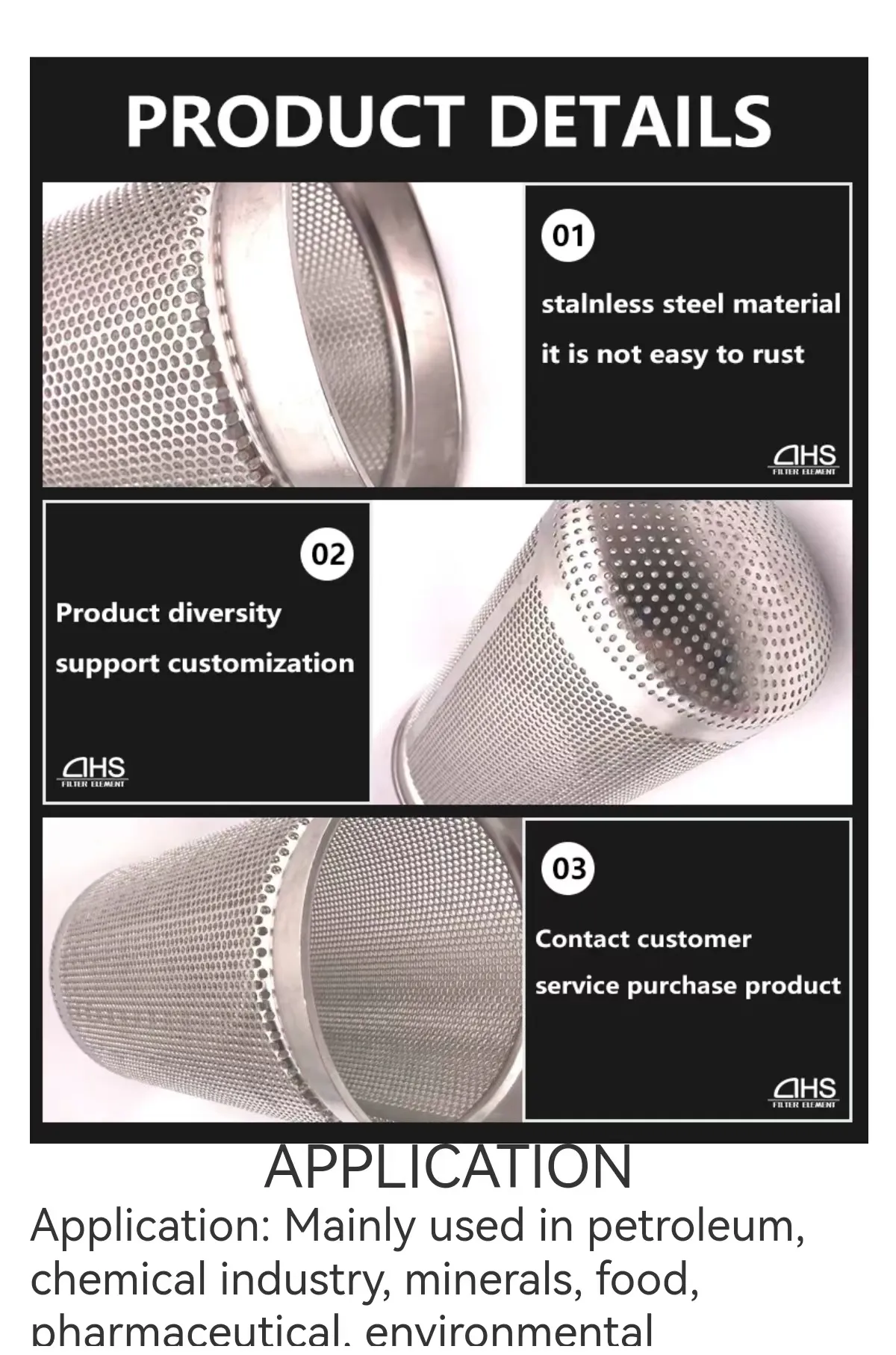-
 Afrikaans
Afrikaans -
 Albanian
Albanian -
 Amharic
Amharic -
 Arabic
Arabic -
 Armenian
Armenian -
 Azerbaijani
Azerbaijani -
 Basque
Basque -
 Belarusian
Belarusian -
 Bengali
Bengali -
 Bosnian
Bosnian -
 Bulgarian
Bulgarian -
 Catalan
Catalan -
 Cebuano
Cebuano -
 China
China -
 Corsican
Corsican -
 Croatian
Croatian -
 Czech
Czech -
 Danish
Danish -
 Dutch
Dutch -
 English
English -
 Esperanto
Esperanto -
 Estonian
Estonian -
 Finnish
Finnish -
 French
French -
 Frisian
Frisian -
 Galician
Galician -
 Georgian
Georgian -
 German
German -
 Greek
Greek -
 Gujarati
Gujarati -
 Haitian Creole
Haitian Creole -
 hausa
hausa -
 hawaiian
hawaiian -
 Hebrew
Hebrew -
 Hindi
Hindi -
 Miao
Miao -
 Hungarian
Hungarian -
 Icelandic
Icelandic -
 igbo
igbo -
 Indonesian
Indonesian -
 irish
irish -
 Italian
Italian -
 Japanese
Japanese -
 Javanese
Javanese -
 Kannada
Kannada -
 kazakh
kazakh -
 Khmer
Khmer -
 Rwandese
Rwandese -
 Korean
Korean -
 Kurdish
Kurdish -
 Kyrgyz
Kyrgyz -
 Lao
Lao -
 Latin
Latin -
 Latvian
Latvian -
 Lithuanian
Lithuanian -
 Luxembourgish
Luxembourgish -
 Macedonian
Macedonian -
 Malgashi
Malgashi -
 Malay
Malay -
 Malayalam
Malayalam -
 Maltese
Maltese -
 Maori
Maori -
 Marathi
Marathi -
 Mongolian
Mongolian -
 Myanmar
Myanmar -
 Nepali
Nepali -
 Norwegian
Norwegian -
 Norwegian
Norwegian -
 Occitan
Occitan -
 Pashto
Pashto -
 Persian
Persian -
 Polish
Polish -
 Portuguese
Portuguese -
 Punjabi
Punjabi -
 Romanian
Romanian -
 Russian
Russian -
 Samoan
Samoan -
 Scottish Gaelic
Scottish Gaelic -
 Serbian
Serbian -
 Sesotho
Sesotho -
 Shona
Shona -
 Sindhi
Sindhi -
 Sinhala
Sinhala -
 Slovak
Slovak -
 Slovenian
Slovenian -
 Somali
Somali -
 Spanish
Spanish -
 Sundanese
Sundanese -
 Swahili
Swahili -
 Swedish
Swedish -
 Tagalog
Tagalog -
 Tajik
Tajik -
 Tamil
Tamil -
 Tatar
Tatar -
 Telugu
Telugu -
 Thai
Thai -
 Turkish
Turkish -
 Turkmen
Turkmen -
 Ukrainian
Ukrainian -
 Urdu
Urdu -
 Uighur
Uighur -
 Uzbek
Uzbek -
 Vietnamese
Vietnamese -
 Welsh
Welsh -
 Bantu
Bantu -
 Yiddish
Yiddish -
 Yoruba
Yoruba -
 Zulu
Zulu
steel screening
The Importance of Steel Screening in Modern Industries
Steel screening is a vital process used across various industries to ensure the quality and durability of steel products. It involves separating and sorting steel materials based on size, shape, and other physical properties. This process is crucial in manufacturing, construction, and recycling, as it guarantees that only the best materials are used in production, thereby enhancing the overall performance of steel products.
One of the primary benefits of steel screening is its role in improving product quality. In industries where the integrity and strength of materials are paramount, removing impurities and inconsistencies is essential. For instance, in the construction sector, steel beams and reinforcements must meet stringent standards to support structures safely. Steel screening helps eliminate defective materials that could compromise the structural integrity of buildings, bridges, and other infrastructures.
Moreover, steel screening is a critical component of the recycling process. With the increasing demand for sustainable practices, recycling steel has become a priority for many companies. Steel screening allows recyclers to sort through scrap metal, distinguishing between high-quality steel and undesirable contaminants. By ensuring that only suitable materials are recycled, businesses can produce new steel products that maintain the desired quality and performance standards, further contributing to environmental conservation efforts.
steel screening

In addition to quality control and recycling, steel screening techniques have become increasingly sophisticated over time. Traditional methods, such as manual sorting, have largely been replaced by advanced technologies like vibrating screens, trommel screens, and magnetic separators. These modern techniques can process large volumes of materials efficiently, providing precise sorting capabilities that enhance overall productivity. Automation in steel screening also reduces labor costs and minimizes human error, making the process more reliable and cost-effective.
Furthermore, the implementation of steel screening in manufacturing processes can lead to significant cost savings. By ensuring that only top-grade materials are used, manufacturers can reduce waste and rework, which can be expensive and time-consuming. Products made from screened steel tend to have fewer defects, resulting in lower production costs and increased customer satisfaction due to higher quality products.
As industries continue to evolve, the importance of steel screening will likely escalate. With the construction of more complex structures and the rise of new technologies, the need for high-quality materials is paramount. Companies that invest in steel screening processes will not only meet regulatory requirements but also gain a competitive edge in the market.
In conclusion, steel screening is an essential practice in various industries, ensuring that the materials used meet the highest standards of quality and performance. From enhancing product durability to contributing to sustainable recycling efforts, the significance of this process cannot be overstated. As technology advances, the methods and techniques in steel screening will continue to improve, further solidifying its role in the future of manufacturing and construction.
-
Shipping Plastic Bags for Every NeedNewsJul.24,2025
-
Safety Netting: Your Shield in ConstructionNewsJul.24,2025
-
Plastic Mesh Netting for Everyday UseNewsJul.24,2025
-
Nylon Netting for Every UseNewsJul.24,2025
-
Mesh Breeder Box for Fish TanksNewsJul.24,2025
-
Expanded Steel Mesh Offers Durable VersatilityNewsJul.24,2025











